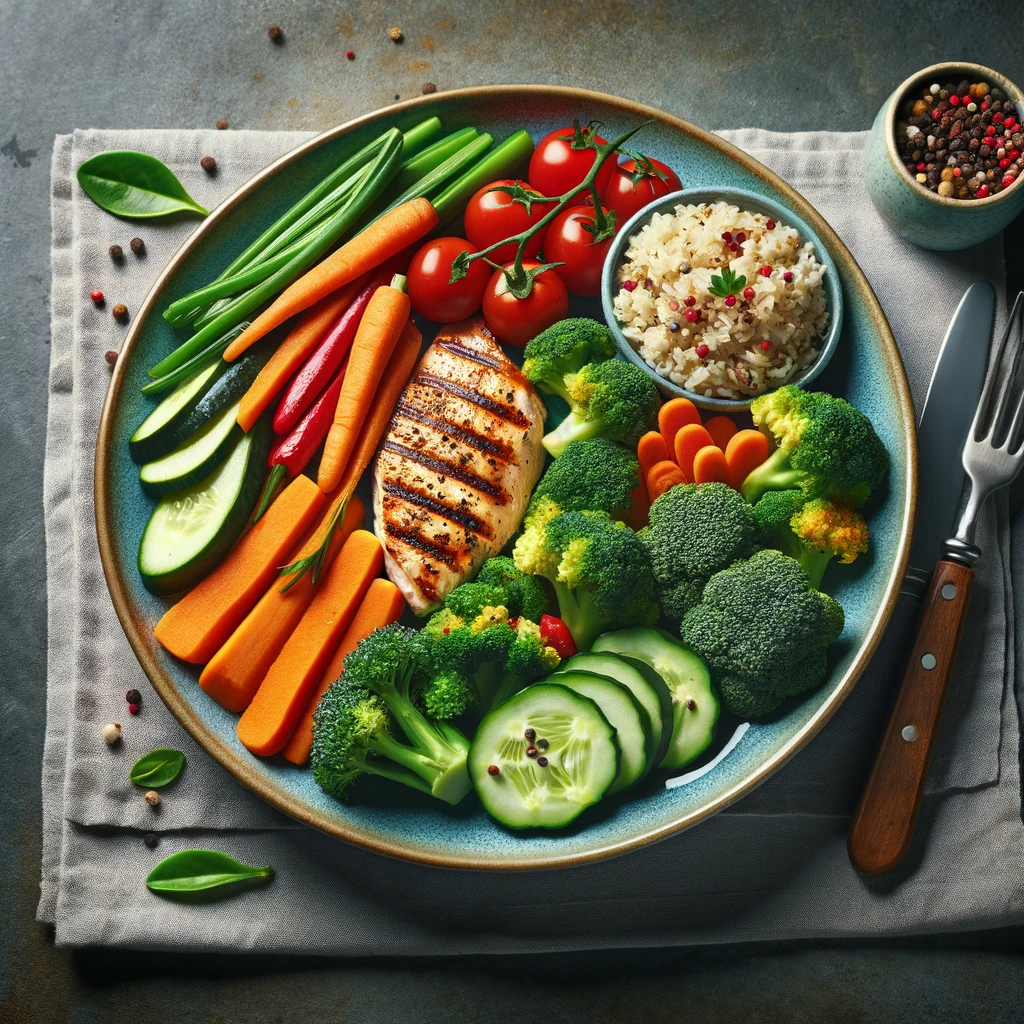
The Role of Nutrition in Accelerating Bruise Healing
Though usually innocuous, bruises are unsightly and often painful skin injuries that many people experience. Improving one's diet can hasten the healing process of bruises, in addition to waiting for time to do its magic.
This article discusses dietary changes that can promote skin health in general and how certain nutrients can help bruises heal faster.
How the Body Responds to Bruising
When the blood vessels just under the skin rupture due to an impact, blood starts to flow into the tissues around it, forming a bruise. Proper nutritional assistance can enhance the body's healing system, which kicks in to reabsorb this blood.
Nutritional Elements Key to Bruise Healing
Vitamins and Minerals that Promote Skin Repair
Several nutrients are known for their efficacy in speeding up the healing of bruises:
- Vitamin C: Crucial for collagen production, vitamin C aids in repairing and strengthening the walls of blood vessels.
- Vitamin K: This vitamin plays a significant role in blood clotting and can help with the faster reabsorption of pooled blood under the skin.
- Zinc: A mineral essential for tissue repair and growth, zinc supports the overall healing process of the skin.

In addition to these, bioflavonoids, often found in conjunction with vitamin C in many fruits, can also strengthen capillaries and reduce the likelihood of bruising.
Dietary Strategies for Enhancing Bruise Healing
Optimizing Your Diet for Faster Recovery
Integrating bruise-healing nutrients into your diet can also contribute to overall skin health and resilience:
- Eat a Rainbow: Consuming a wide array of colorful fruits and vegetables ensures a broad intake of necessary vitamins and antioxidants.
- Lean Proteins: Foods like chicken, fish, and tofu are excellent sources of protein, vital for tissue repair and healing.

- Hydration is Key: Keeping the body well-hydrated is essential for all aspects of health, including maintaining skin elasticity and facilitating the healing process.
Supplementation: When Diet Isn't Enough
Boosting Nutrient Intake
The ideal approach to acquire these nutrients is through a balanced diet, although some people may require injury supplements, particularly zinc, vitamins C and K, and others. Before beginning any supplement regimen, it is wise to talk to a healthcare professional.
Beyond Nutrition: Additional Tips for Bruise Recovery
Complementary Practices to Support Healing
Alongside dietary changes, other practices can aid in quick bruise recovery:
- Gentle Exercise: Light physical activity can improve circulation and aid in healing.
- Elevating the Bruised Area: If possible, keeping the bruised area elevated can reduce swelling and promote blood flow.

Conclusion: Empowering Healing through Nutrition
If we can figure out how food affects bruise healing, we can improve skin health in general and speed up the healing process.
Bruises are less of a nuisance when people eat nutrient-rich meals and keep to a balanced diet, which greatly enhances the body's natural healing ability.
References:
https://www.ncbi.nlm.nih.gov/pmc/articles/PMC9264434/
https://www.ncbi.nlm.nih.gov/pmc/articles/PMC2903966/
https://froemkelab.med.nyu.edu/surgery/content?ChunkIID=21437
https://www.ncbi.nlm.nih.gov/pmc/articles/PMC8970868/
General Disclaimer: All information here is for educational purposes only and is not meant to cure, heal, diagnose nor treat. This information must not be used as a replacement for medical advice, nor can the writer take any responsibility for anyone using the information instead of consulting a healthcare professional. All serious disease needs a physician.
















